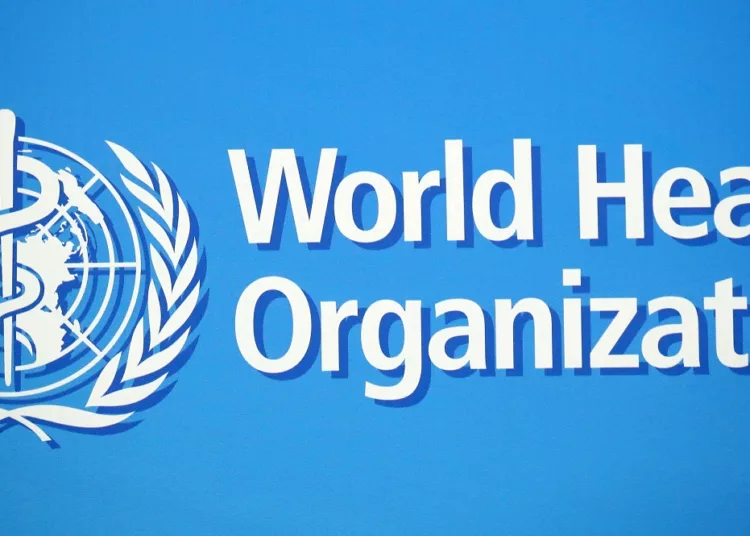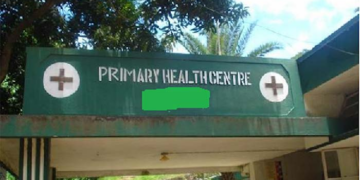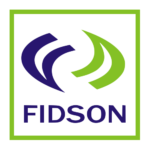In a major breakthrough for global HIV prevention, the World Health Organisation (WHO) has endorsed the use of injectable lenacapavir (LEN), administered twice yearly, to provide near-total protection against HIV infection.
The announcement was made on Monday at the 13th International AIDS Society (IAS 2025) Conference on HIV Science in Kigali, Rwanda, where the new WHO guidelines were unveiled.
Described as a game-changer in HIV prevention, the injectable antiretroviral offers an effective, long-acting alternative to daily oral pills, especially for populations facing barriers to daily treatment adherence or stigma.
“While an HIV vaccine remains elusive, lenacapavir is the next best thing,” said WHO director-general, Dr Tedros Adhanom Ghebreyesus. “It is a long-acting antiretroviral shown in trials to prevent almost all HIV infections among those at risk.”
With global HIV prevention efforts showing signs of stagnation and 1.3 million new infections recorded in 2024 alone, WHO’s recommendation comes at a critical time. Vulnerable groups, including sex workers, people who inject drugs, transgender persons, and incarcerated populations, continue to bear the brunt of the global HIV burden.
Dr Ghebreyesus called for swift action, urging countries, donors, and development partners to begin rolling out lenacapavir within national HIV prevention programmes and ensure that communities benefit from this innovation immediately.
Although access to the injectable remains limited outside clinical trials, WHO emphasises the need for real-world data on uptake, adherence, and effectiveness, the agency also advised HIV and syphilis testing for individuals with confirmed or suspected mpox (monkeypox) infections.
As part of its wider strategy to sustain progress amid changing funding landscapes, WHO also launched new operational guidance to help countries preserve essential services and health outcomes.
“We have the tools and the knowledge to end AIDS as a public health threat,” said Dr Meg Doherty of WHO. “What we need now is bold implementation, equity, and community-led action.”
Despite progress, an estimated 40.8 million people are living with HIV globally, with 65% residing in Africa.




